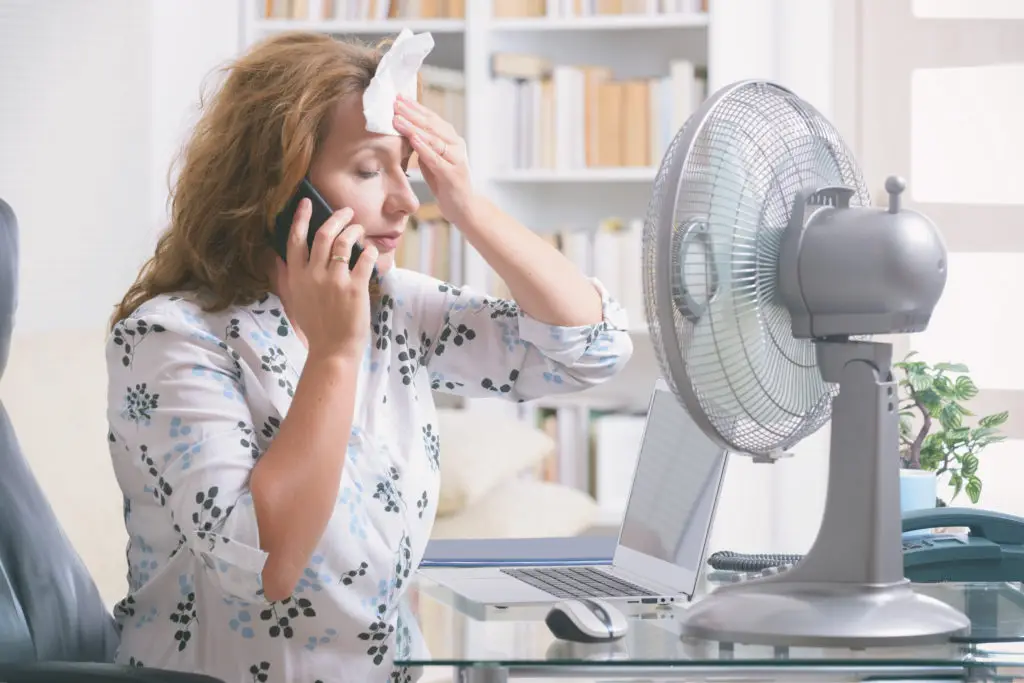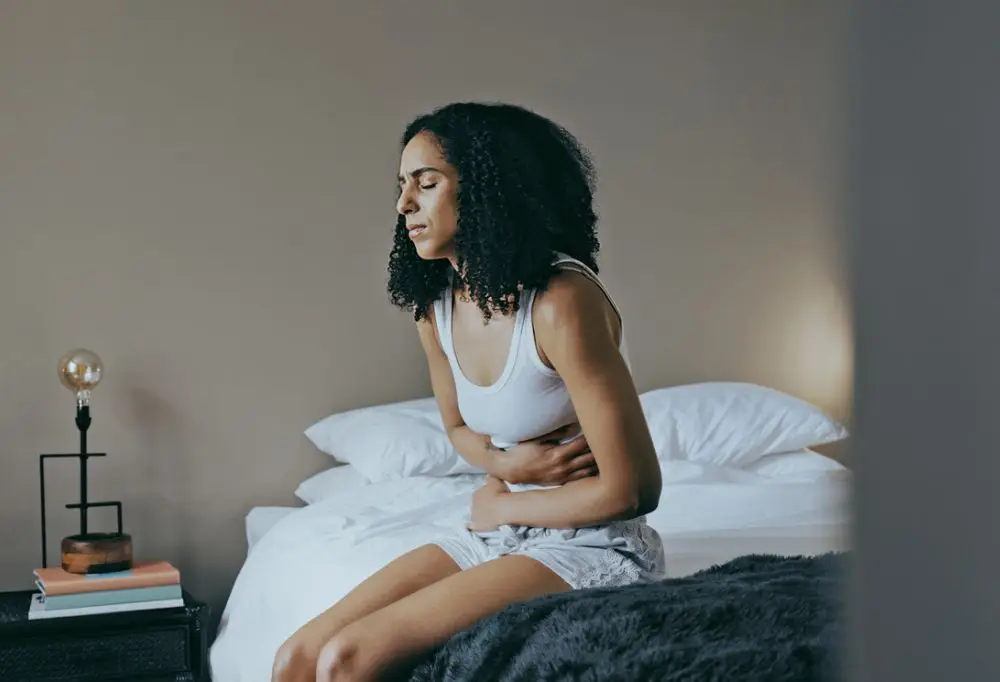Reviewed by Kimberly Cabe, FNP-BC of Forum Health Rochester Hills
A wave of heat spreads across your chest until your skin feels like it’s burning. You start to perspire as the sensation creeps into your neck and then your head, and your clothes feel stifling against your body. Within a few minutes, the feeling has passed, but you’re left overwhelmed and drenched in sweat.
This is how a hot flash can feel, and it’s an experience that many women share. Hot flashes are one of the most common symptoms of menopause, and for many women, they happen on a regular basis. Some women have hot flashes only for a short time during menopause, but others continue to experience them for the rest of their lives, though they typically get less severe with time.
Because hot flashes are related to the complex hormone changes that accompany menopause, anti-aging treatment may be able to help you control this uncomfortable symptom. However, there are many other things you can do on your own to reduce the frequency and severity of hot flashes.
Hot Flash Triggers
Because certain factors in your diet, lifestyle and environment can make hot flashes more likely to occur, avoiding these things is the first step in controlling hot flashes. Common triggers include:
- Alcohol
- Caffeine
- Smoking tobacco
- Spicy foods
- Stress
- Tight clothes
Each of these triggers will affect different women in different ways. The best strategy is to find which of these is most problematic for you and work to eliminate it from your life. For example, if you notice that you sometimes have hot flashes soon after eating a spicy meal, it may be time to take spicy foods out of your diet, at least until your hot flashes improve. Try keeping a journal and writing down potential triggers each time you have a hot flash to help yourself see patterns and figure out what affects you.
Other strategies can also be helpful in fighting hot flashes, like:
- Dressing in layers. Try wearing lightweight layers of breathable fabric, both during the day and as you sleep at night. This way, you can add or remove layers as your body temperature changes.
- Keeping it cool. If you’re prone to hot flashes, it’s best to avoid extreme heat whenever possible. Use fans and air conditioning to keep your surroundings cool, and keep your bedroom cool at night to prevent hot flashes from interfering with sleep.
Hot flashes can be an uncomfortable and alarming symptom of menopause, but anti-aging treatment and many other strategies can help you deal with them as you go through this transitional stage of your life.
For more information, find a Forum Health Clinic nearby and schedule a consultation today!






